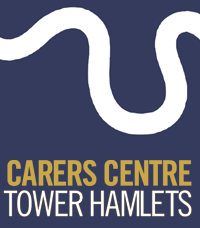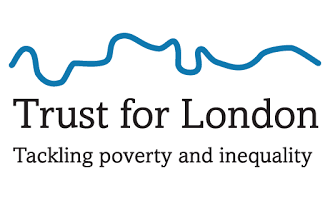Hello Everyone


This week might be a good one after all… it is National Chip Week
National Chip Week is celebrated during the last full week of February, and will take place from February 20 to 26 this year.
HISTORY OF NATIONAL CHIP WEEK
The history of the humble chip that has now become part of Britain’s national identity can be traced to Belgium or France, depending on who you ask. One of the oldest pieces of evidence of potato fries in history was in 1680 Belgium, where people fried potatoes during the winter months to replace fish. In Belgium, the winter months were difficult periods when rivers would freeze up, preventing any fishing activity. During these months, locals would cut potatoes into fish shapes, and deep fry them to deal with fish shortages.
According to scholars, potatoes came to England in the 1800s from the New World. Sir Walter Raleigh was believed to have been the one that led the effort to bring this new food to the country. The earliest mention of something similar to British chips was in 1817 William Kitchiner’s book, “The Cook’s Oracle.” Kitchiner was a renowned chef during the 19th century, and his cookbook sold out both in the United Kingdom and the United States. However, it was Charles Dickens’ “A Tale Of Two Cities” that first made a clear reference to chips. In the 1860s, the first fish and chip shop opened for business in Mossley, Oldham, Lancashire. During the same time period, Joseph Malin, a Jewish immigrant, started his shop on Cleveland Way, offering fish and chips.
Between the 19th century and 20th century, fish and chips grew in popularity across the United Kingdom, becoming one of the populace’s favourite meals. During the Second World War, fish and chips played an important role. It was one of the non-rationed foods, complementing soldiers’ and the British people’s diets. Fish and chips are still one of the top ten most popular British dishes today.
Highlights for this week….

There are still places available for – Coaching for Carers – Procrastination Workshop
Tuesday 22nd February @ 11am to 1pm via zoom
Learn how to take charge of your procrastination habit by recognising the ways and the reasons you procrastinate, and apply your learning to something you have been meaning to do for a while! This workshop could lead to one to one coaching. If you arte intere4sted then reserve your place by clicking on this link
Register in advance for this meeting:
https://zoom.us/meeting/register/tJUpfuqprDotEtQdnsGlDjNP0VrxsmN2NGcL
After registering, you will receive a confirmation email containing information about joining and a link which will allow you to join the workshop on the day. We will send a reminder out nearer the time.

Carers of People with Dementia Peer Support Group – Wednesday 23rd February @ 10.30am to 11.30am – via zoom
This monthly peer support group aims to help carers network, support each other, learn caring tips, and share knowledge, it is your group, and you have a say in how is runs. email tony@ccth.org.uk if you want to join
This Weeks Activities
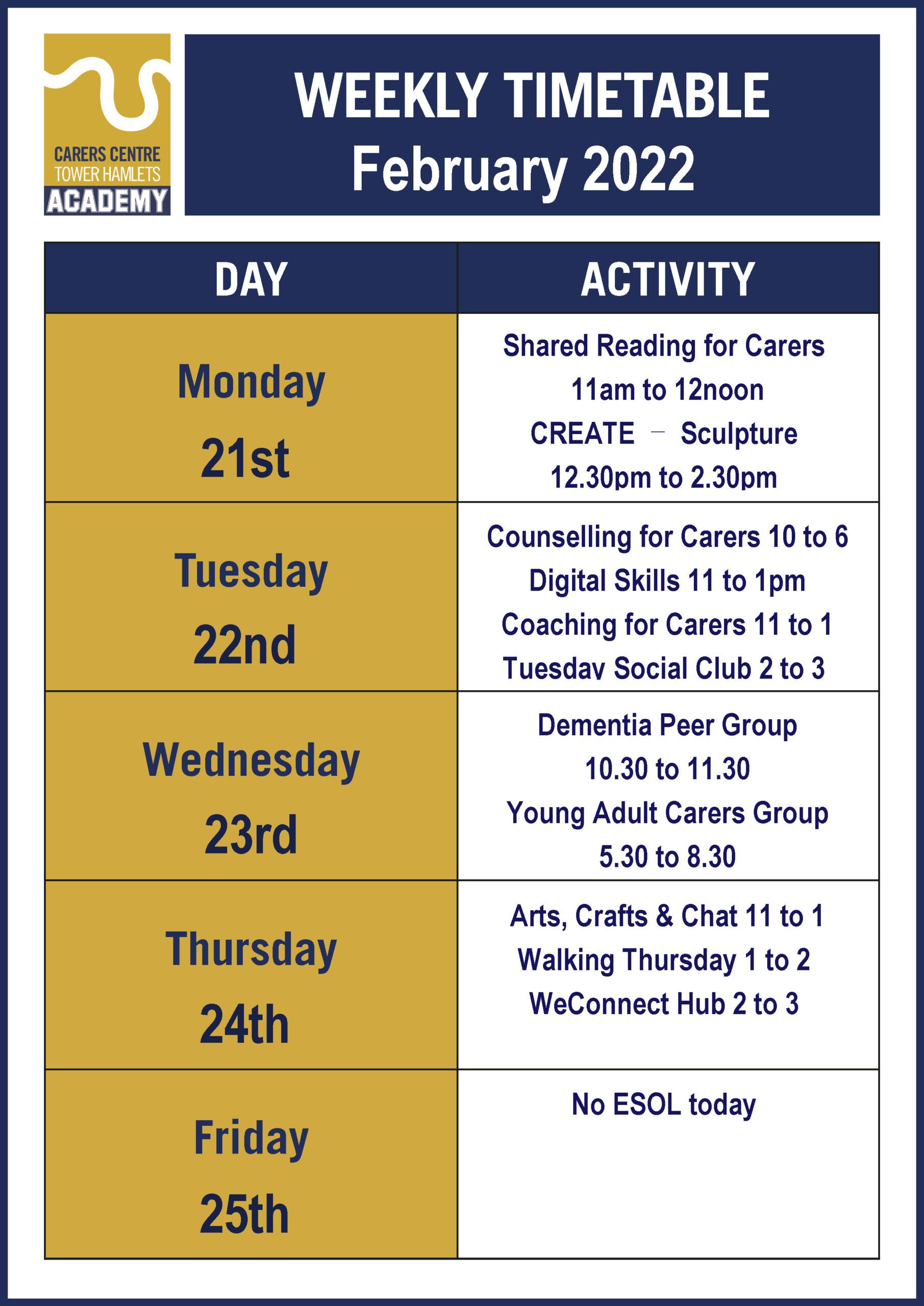

REMINDER – YOU CAN CHECK THE CCTH CALENDAR –
If you want to know what activities are on each day at the centre then check out the CCTH Calendar – https://ccth.org.uk/new/calendar/?cid=mc-03c4653fb809aa02e303ae7a3bb5520a&month=9&yr=2021
Then email me tony@cth.org.uk to book your place.
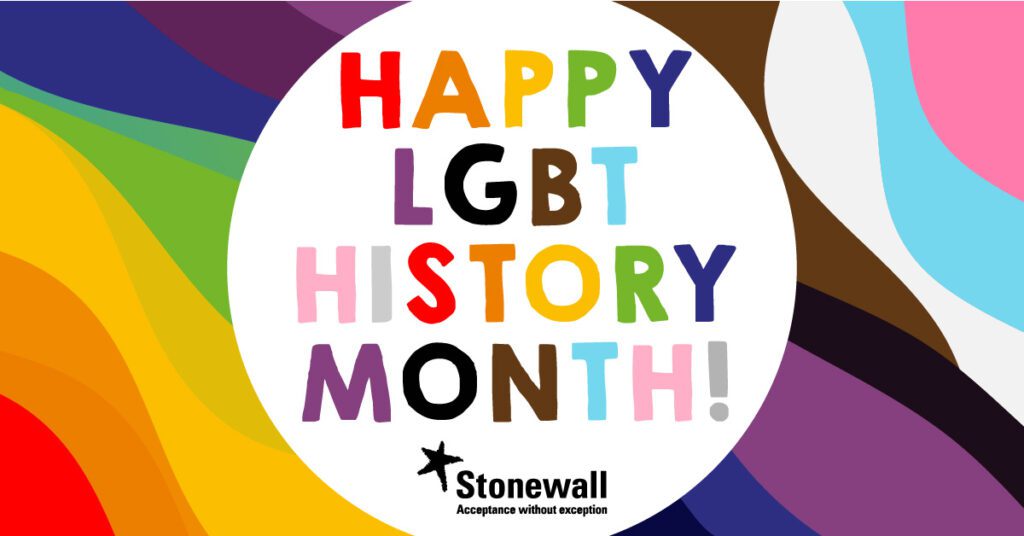
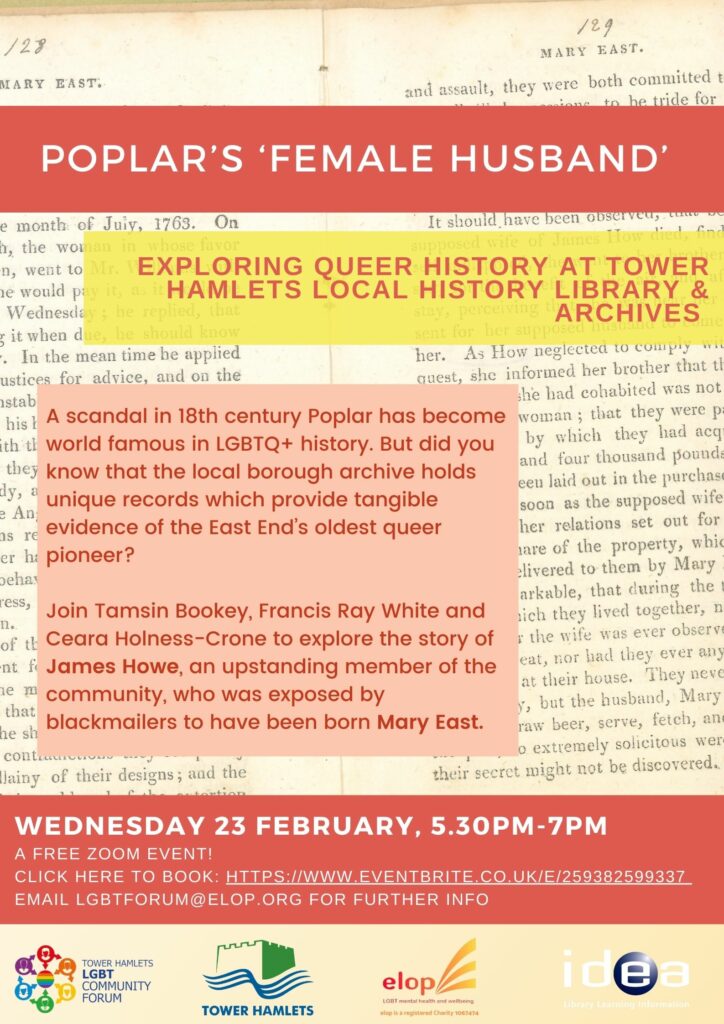
ELOP’s LGBT+ Groups
Join our fun, friendly and non-judgemental safe space to meet new people and discuss LGBT+ topics!
LGBT+ Over 50 Social Group
Every Monday 1.00 – 2.30pm, online
LGBT+ Social Support Group
Every Tuesday 7.00 – 8.30pm, online
LGBT History Month Topics:
(LGBT) Gays the Word – Creating and sharing our personal stories for LGBT History Month
Valentine’s Survival Guide – Sharing tips for surviving valentine’s for LGBT single’s / couples
Art & Politics in LGBT British History – Discuss and share our favourite art/artists and figures that influence LGBT British History / our favourite LGBT icons and allies from around the world
Queer Museum: What artefacts would you like to see displayed in the museum? – Discuss your ideas and share any artefacts that you would share in the museum.
| CLICK HERE to register |
Useful links
- Latest government advice
- NHS coronavirus advice
- NHS 111 online coronavirus service
- Tower Hamlets coronavirus advice and support

The constantly changing and evolving landscape of Docklands
You’re invited to learn how industrialisation and regeneration have impacted the communities that were once so integral to the character of Docklands, as part of a discussion taking place at the Museum of London Docklands.
Titled Port of Steel and Sails: A Changing Landscape, the event will take place at the Museum of London Docklands at 6pm on Wednesday 23 February, with an option to join online.
Book your ticket >
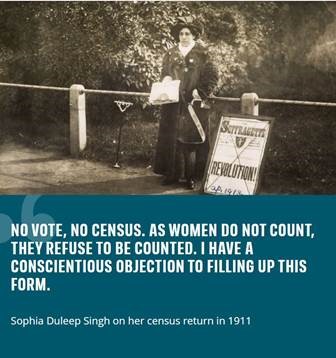
Invitation: Community Access Scheme online talk
‘Suffragettes at the palaces’
Thursday 24 February, 13:00-14:00
Microsoft Teams: Click here to join the talk
Join curator Polly Putnam for this talk about suffragettes who lived and stood up for women’s rights at the palaces.
This talk is inspired by International Women’s Day (8 March 2022), a global day celebrating the social, economic, cultural and political achievements of women.
Please contact Kim if you have any queries: kim.klug@hrp.org.uk
Historic Royal Palaces is a registered charity (No 1068852), correspondence details, Hampton Court Palace, Surrey KT8 9AU Historic Royal Palaces Enterprises Ltd, a company registered in England (No 3418583) registered office Hampton Court Palace, Surrey KT8 9AU.
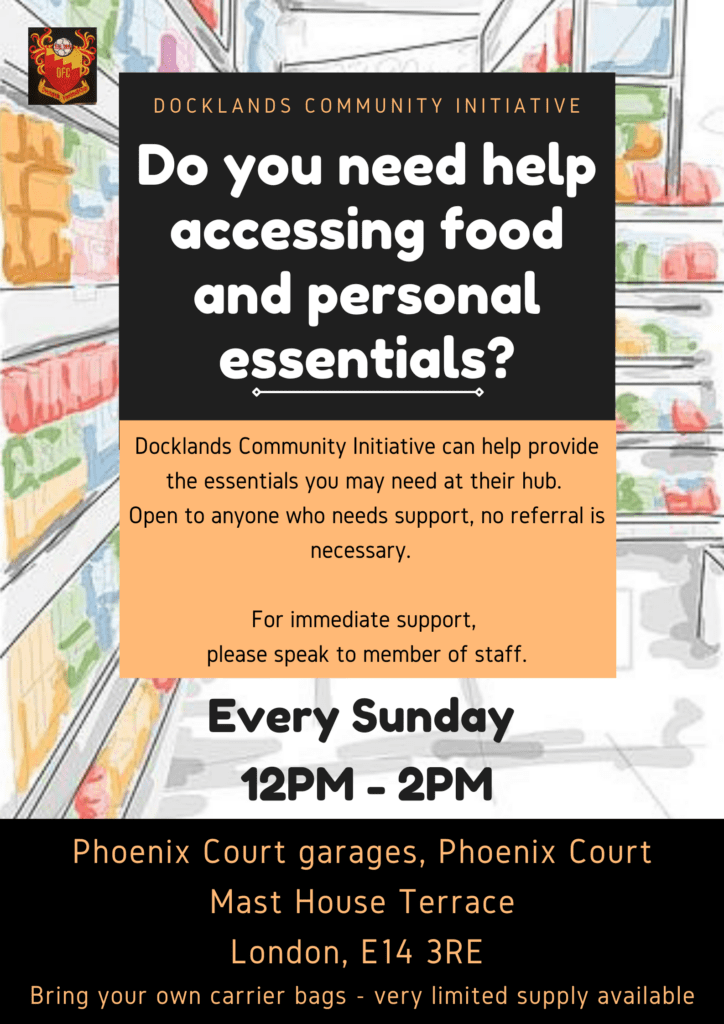

Check out a new free course that has just been launched that focuses on carer wellbeing. It is called ‘Physical activity for health and wellbeing in the caring role’ and has been kindly endorsed by the Carers Trust. The course is 6 hours in length and learners can achieve a ‘badge’ on completion of the end quiz, and this can be added on a CV to evidence their learning/continuous professional development. We hope that it will be helpful to those working with carers, including carer centre staff, those supporting carers less formally and importantly carers themselves!
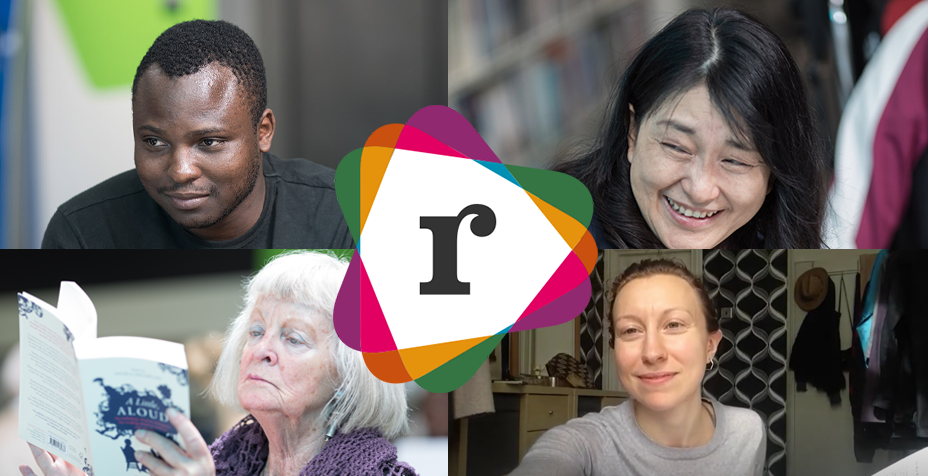
Did You Know we have a weekly Shared Reading Group?
How does it work?
A group of carers, one of them a trained Reader Leader, reads a great novel, short story or poem aloud. We stop and talk about what we have read. There is no need for carers to read aloud or speak – it’s fine to just listen. The idea is to create a space where people feel at ease.
Reading the literature aloud in real-time, means that everyone is involved in a shared, live experience. Carers are encouraged by the Reader Leader to respond personally, sharing feelings, thoughts and memories provoked by the reading.
Everyone experiences the text in their own way, but the literature provides a shared language that can help us to understand ourselves – and others – better.
It can even help with your ESOL needs.
If this is for you then email tony@ccth.org.uk
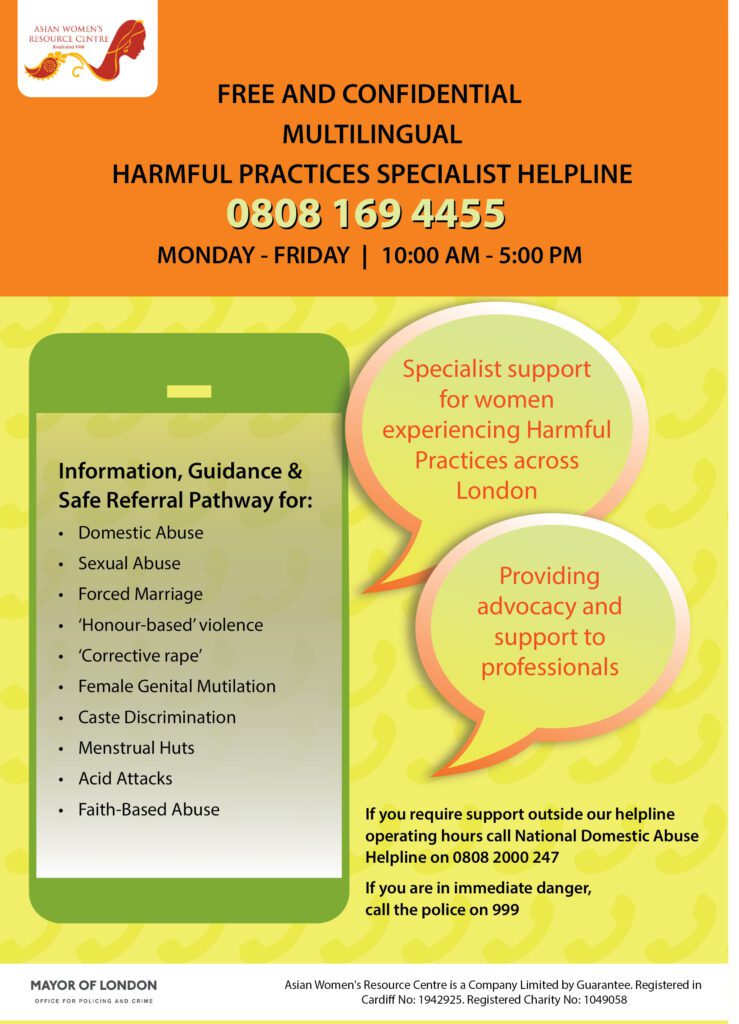
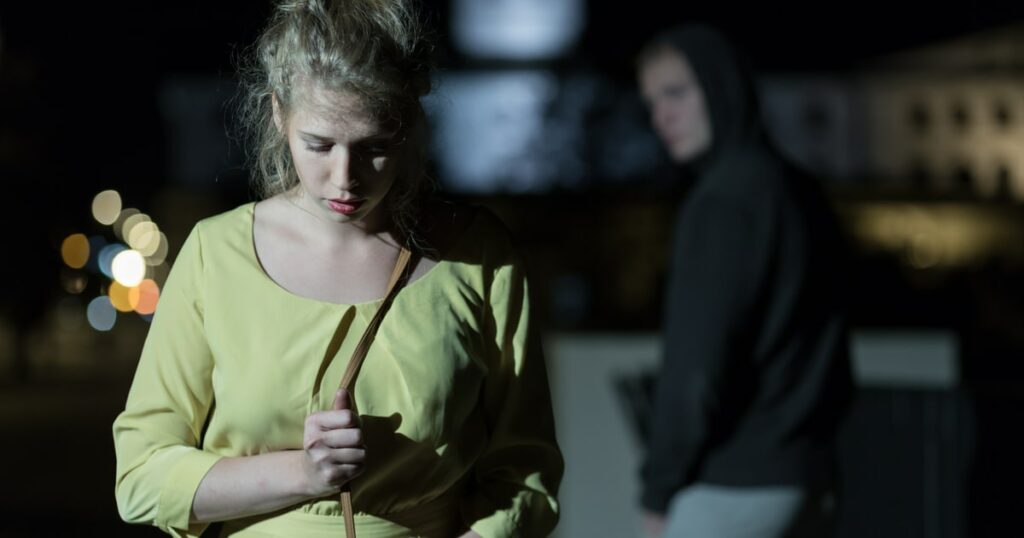
WALKING ALONE? REMEMBER THESE 10 TIPS
1) Plan Your Route
Make sure you plan your route ahead of time. If you are walking in an area you are not familiar with, this can help keep you from getting lost. You will be able to walk with confidence. If you do get lost, don’t wander aimlessly, find a gas station, supermarket, or fast-food restaurant where you can ask for directions.
2) Make Sure Someone Else Knows Your Plans
Don’t go out when it is dark without telling someone, even if you are just taking the dogs out for a walk around your neighbourhood or walking home from a friend’s house nearby. It may seem paranoid, but in fact, knowing someone knows where you are can be reassuring and help you feel safe. If you fall and hurt yourself or run into trouble, and someone knows where you are, they can send help if you don’t arrive at your destination on time.
3) Always Carry Your Phone with You
Always carry your phone, but not for music or to make social calls as your walk. Your phone can be a lifeline if you see something suspicious or worse if something happens to you. Download a safety app on your phone, so you’ll be able to discreetly alert the authorities if you feel threatened or see something suspicious.
4) Avoid Suspicious People and Areas
Areas that are dark, deserted, or out-of-the-way, such as an alley or a parking lot, can be riskier than a well-lit area full of people. Stick to busy, lighted paths, to minimize the risks. Also, walk mainly in familiar places where you are known. That way, if you feel like a suspicious person is following you, you can always duck into a store you know or knock on a neighbour’s door. Avoid empty streets and pathways with thick shrubbery.
5) Keep Your Hands Free
Except for a flashlight and one of the items discussed below, keep your hands free. If you are carrying anything, put it all in one bag or backpack. This will make it easier for you to react if you notice someone following you. In a dangerous situation, carrying too many bags can keep you from moving as quickly as you can if your hands are free or if you only have one bag.
6) Carry a Non-Violent Deterrent
In addition to a flashlight, carry a non-violent deterrent such as a whistle, mace, or pepper spray. A whistle will help you alert others and call them to aid you if something is wrong. The loud noise may put off attackers, and they’ll move on to find someone else. Mace or pepper spray can give you enough time to evade a potential attacker, and in a pinch, a flashlight can be used as a weapon. Make sure you know how to use the mace or pepper spray to get its full effect.
7) Wear Reflective Clothing to Prevent Accidents
When it comes to personal safety, it’s not just about suspicious people. Areas with low visibility can be prone to accidents. Reflective clothing allows bikers and cars to see you as you walk along. A flashlight or headlight can also help drivers see you if there are dark stretches of road on your route.
8) Take a Self-Defence Class
When fighting off something as an assault, the element of surprise can work in your favour. If you regularly walk alone, take a self-defence class. You don’t have to become a black belt. In fact, it’s probably better to learn something like Krav Maga, which has been popular for self-defence. The idea is to disable your attacker enough for you to get to safety, and a class focused on self-defence will help give you those survival skills.
9) Remove Any Distractions
Keep your phone in your hand in case you need to hit the panic button on your safety app, but don’t let it distract you. When walking alone at night for exercise, music can be motivating and energizing but also distracting. You may not hear someone driving or walking up behind you. Avoid wearing headphones or talking on your phone as you walk.
10) Trust Your Gut
When walking alone at night, trust your gut. If you feel like an area or situation may be dangerous, don’t wait around to find out. Stop and scan your surroundings if you think someone is following you. If you are being followed, walk as quickly as you can to a well-lit public place. You can wait until you feel safe, or call a friend, a taxi, or an Uber to help you get safely get home at night.
Following these personal safety tips will help keep you stay safe when walking alone. Always be aware of where you are and alert to suspicious activity.

REMINDER TO CARERS
If you still need PPE for you and your loved one then Tower Hamlets are still providing PPE for Carers.
Collection and delivery is on Wednesday only from Mulberry Place, 5 Clove Crescent, E14 2BG. Carers can call or email Ayeda directly 0n 07366977103 or ayeda@ccth.org.uk to order.

Important Numbers:
Domestic Violence Duty Line: 020 7364 4986 between 9am – 5pm.Victim Support: 020 7364 2448/7957
Just wishing everyone a peaceful, safe and week and remember if you need information and advice from the Carers Centre just email enquiries@ccth.org.uk
Tony Collins-Moore
Carers Academy Manager

Opening hours
Monday - Friday – 9.30am – 5pm
Saturday and Sunday – Closed
